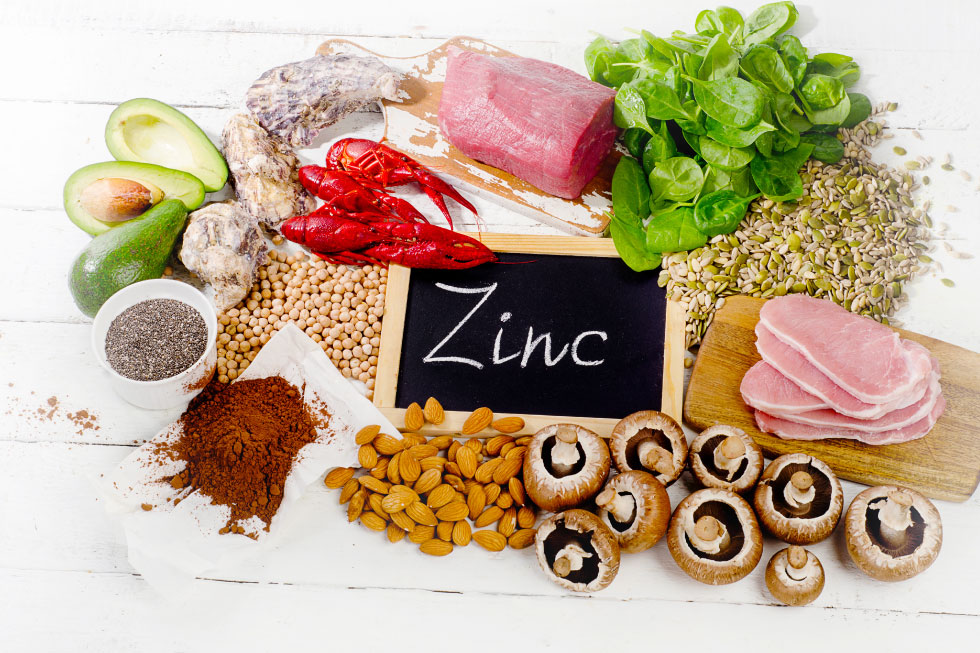
All Things Zinc
Zinc is a trace mineral naturally found in food and nature that has a variety of roles in the human body. A few of those functions include aiding in proper growth and development, immune function, wound healing, DNA synthesis, enzymatic reactions, and smell and taste. Once zinc enters the body it makes it way from the small intestine to the liver and finally to the tissues in your body. Zinc is not stored in the body so it must be ingested through food or supplements daily. Animal sources of zinc are more easily absorbed in the body, however plant sources can still provide many health benefits.
Deficiency
A zinc deficiency can affect the body in various ways. A few of those signs include impairment of physical growth and development, reduced ability to taste food, poor sense of smell, dry skin, slow wound healing and depression. People at higher risk of a zinc deficiency include those with Crohn’s disease, alcoholism, Chronic Kidney Disease, genetic mutations, and those with eating disorders. It is important to speak with your physician if you feel you may have a zinc deficiency.
Top 5 Sources of Zinc
Zinc is found naturally in many foods, the top 5 sources include oysters, beef, poultry, tofu and pork. The top 5 vegetarian and vegan sources include fortified cereals, toasted wheat germ, tofu, hemp seeds and lentils. Other good sources include nuts and seeds, yogurt, oatmeal and mushrooms.
